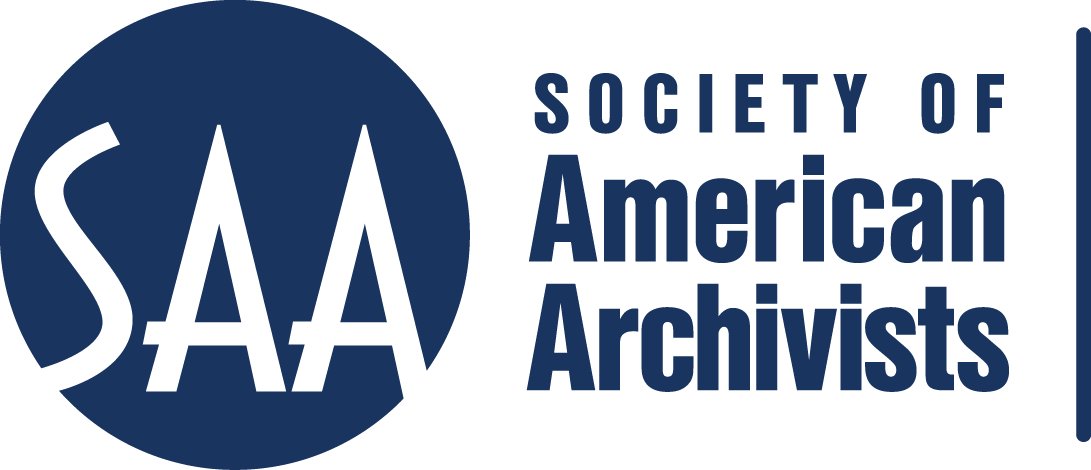Toward a Conceptual Framework for Technical Debt in Archives
Early collections-based digital projects and their infrastructure, including website platforms and software, digital asset management systems, information systems, metadata, and preservation protocols, serve as the foundation for many library, archives, and museum (LAM) repositories' ongoing efforts to organize, describe, and make digital assets widely accessible online. Completed projects, despite well-intended planning and execution, can become time intensive to maintain and migrate forward as new projects that meet fresh programmatic goals and current professional standards, become today's focus. Assessment of past projects, with the goal of making better decisions in the future (i.e., “lessons learned”), can be framed through an understanding of the term “technical debt,” a metaphor used within the software development community. The authors define and explore the concept of technical debt, relating it specifically to the archival field, and suggest a preliminary conceptual framework of technical debt to inform decision-making.ABSTRACT






Fowler's Technical Debt Quadrant5

Technical Debt Quadrant modified for archives

Model of the Conceptual Framework for Technical Debt in Archives
Contributor Notes
Déirdre Joyce is head of Digital Stewardship and the Digital Library at Syracuse University Libraries, where she started as the metadata services librarian in 2017. Her previous digital collections and archival experience includes serving as project coordinator for New York Heritage Digital Collections and as founding project manager for the Empire Archival Discovery Cooperative for the Empire State Library Network in New York State. Prior to this, she worked as the university archivist at the University of Texas at Tyler. She received both her master's degrees in history and library and information studies from the University of Wisconsin–Madison.
Laurel McPhee is the supervisory archivist for UC San Diego Library's Special Collections & Archives Program, where she collaborates with a team of librarians, manuscript processors, project archivists, and students who work to make collections of personal papers, organizational records, unique visual resources, and digital objects preserved and accessible. McPhee earned her AB from Harvard College in Cambridge, Massachusetts, and her MLIS from the University of California, Los Angeles.
Rita Johnson is head of Digital Initiatives at the University of Miami Libraries. She previously worked as the digital production librarian at J. Murrey Atkins Library Special Collections and University Archives, University of North Carolina at Charlotte. She received her MSLS from the University of North Carolina at Chapel Hill and a BA in history from the University of North Carolina at Asheville. Prior to her time at UNC Charlotte, she worked at the David M. Rubenstein Rare Book & Manuscript Library at Duke University in the Digital Production Center.
Julia Corrin has served as the university archivist at Carnegie Mellon University since 2012, where she works with a small team of archivists to document the university. In addition to leading the University Archives, she currently heads a cross-disciplinary team to migrate the libraries' digital collections. Corrin received her MLIS from the University of Michigan. She previously worked as the political collections and access archivist at Arkansas State University.
Rebecca Hirsch is the head of Digital Library at the University of Edinburgh. Previously, she was the head of the Digital Services Unit at the Beinecke Rare Book & Manuscript Library at Yale University from 2016 to 2021. As such, she was responsible for the Beinecke's digitization program and its digital collections platform. She also has worked at Yale University Library in a number of other digital-focused positions, and at the University of Southern California's Special Collections and the National Archives and Records Administration. She received her MA in history with a concentration in archives from New York University and her MLIS from Long Island University.

